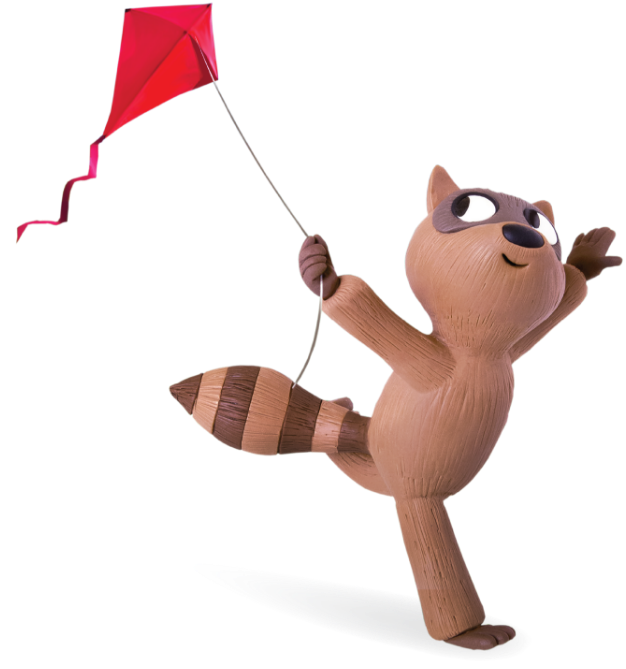Insights
Ways to Help Students Develop Math Vocabulary
Repetition is key to memorization. One and done doesn’t cut it. But how many times does something need to be repeated? Experts at the U.S. Department of Education report that students need information repeated seventeen times for it to be memorized! You probably already feel like you say the same thing repeatedly, so no worries about completing that task, right? However, these experts have noted that repetition needs to occur over long periods to increase memorization. So the more you use a math vocabulary word throughout the school year, the better your students will be able to have a long-term memory of the word and not just a brain dump for that chapter’s test. Here are a few ways to develop math vocabulary within your classroom:
- Allow students to define the math vocabulary term in their own words: We’ve all probably taken vocabulary tests where you had to write the exact definition of the word. But how many of us would argue that we understood the word yet would have defined it differently? Our students are often the same way. To fully understand a term, they need to define it in their own words for it to make sense to them personally and not just regurgitate a rote answer. If your school requires pre-made assessments or you prefer specific definitions to be memorized, students will need to be taught those definitions to use them verbatim. However, allowing the kids to define them in their own words will demonstrate whether they truly understand the term and will likely increase their ability to use it correctly in the future.
- Use word walls and/or vocabulary notebooks: These allow students to quickly refer to a math term when needed. Having the word wall displayed at all times can also promote better memorization as students see the words throughout the day and not only during the math lesson. Vocabulary notebooks can be used as a way for them to learn interactively as they write the words, and perhaps even definitions and examples, in the notebook. Then, students have a resource to review later when completing homework.
- Have students use math vocabulary to explain their answers to word problems in oral or written assignments: Speaking or writing an answer in complete sentences requires more thought than just writing the facts with symbols. It uses more senses and leads to an increased ability to communicate using math vocabulary. Have your students orally explain their answers to you or write them on their math page to promote more use of the vocabulary terms.
- Include synonymous terms on word walls, in vocabulary notebooks, and when discussing concepts: “Subtract”, “minus”, “difference”, and “take away” all refer to the same mathematical skill. But do your students realize that? It is important to teach related terms and use them frequently to build a student’s math vocabulary.
- Use games, centers, and other interactive activities to practice math vocabulary: Remember that math can be fun! It may take a little more prep time, but these are the activities that students enjoy which means they’ll be more interested in learning the language of math. Games like “I Have, Who Has” or “Jeopardy” are great for whole-class participation. For center activities for individual students, try matching games that include definitions, synonyms, and antonyms for the math terms. Crossword puzzles are another activity requiring students to recall math vocabulary to correlate with listed definitions. At ORIGO, we’ve created a supplemental resource called Mathementals to provide you with whole-class, small-group, and individual games and activities.
- Remember to focus on the specific needs of ELL students: If English is not the primary language spoken in the home of a student, then the only time they hear math vocabulary used is at school. One study has shown that students who struggle with math may also struggle with basic language skills. This could definitely apply to non-native speakers. Therefore it is crucial to help your ELL students understand how to pronounce the terms and use them in sentences correctly. Assist them with creating a vocabulary notebook or flashcards to practice with at home. Their notes may require pictorial examples to reinforce the understanding of the math terms that native English speakers might not need.
However you choose to develop your students’ math vocabulary, always remember the importance of repetition over long periods is crucial. At ORIGO, our comprehensive math curriculum teaches math concepts by building understanding through language and discourse, as well as powerful visual models and engaging activities that foster student thinking.



